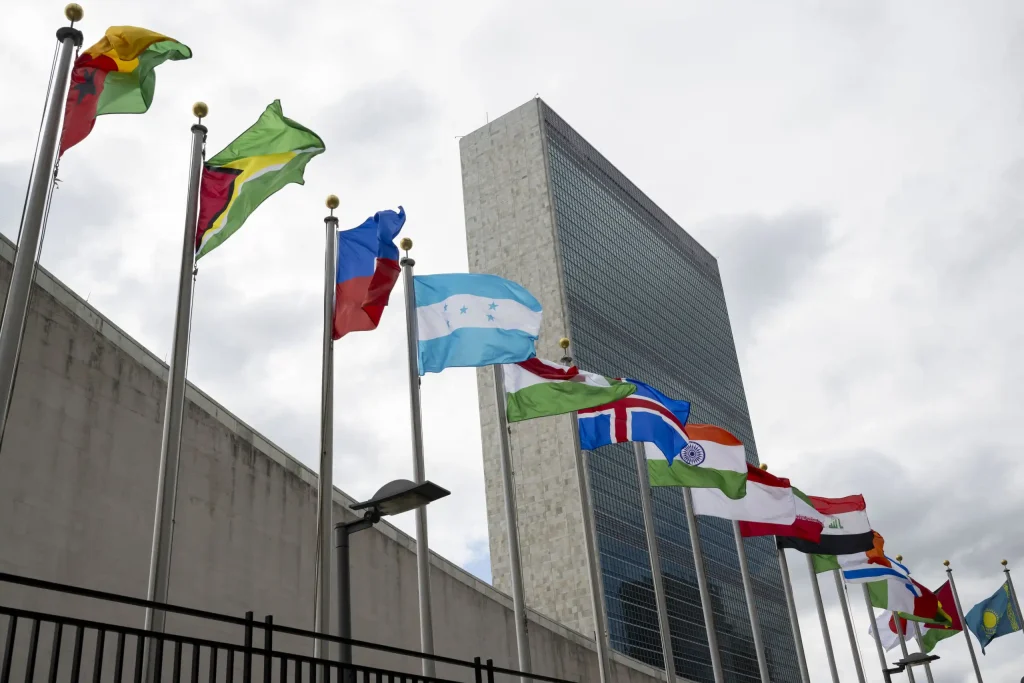In 2025, the United Nations updated its database, adding 68 companies from 11 countries, bringing the total to 158 firms accused of supporting human rights violations through activities in Israeli settlements.
The list, started nearly a decade ago, mainly includes Israeli firms but also names businesses from the US, Germany, Spain, and others.
Targeted Industries
The new additions focus on companies in construction, real estate, mining, and quarrying, which the UN says aid settlements deemed illegal under international law.
Notable entries include Germany’s Heidelberg Materials and Spain’s Ineco, alongside travel companies like Expedia and Airbnb.
Rising Tensions
The update comes amid strained global relations. Some European nations recently recognized a Palestinian state, protesting Israel’s actions in Gaza.
Israel’s moves toward West Bank annexation and new settlement approvals have further fueled the debate.
UN’s Call to Action
The UN human rights office urged listed firms to perform due diligence to avoid human rights issues.
However, the blacklist, managed by the UN Human Rights Council, lacks legal enforcement power and serves as a symbolic measure.
Limited Impact
The financial effect on listed companies remains uncertain. The blacklist aims to pressure Israel on its settlement policies but is seen as a diplomatic tool rather than a direct economic hit, especially as hopes for a two-state solution dim.
Ongoing Debate
The expanded list sparks discussion on whether such measures can curb settlement growth or merely widen political divides, with no clear resolution in sight for 2025.




















